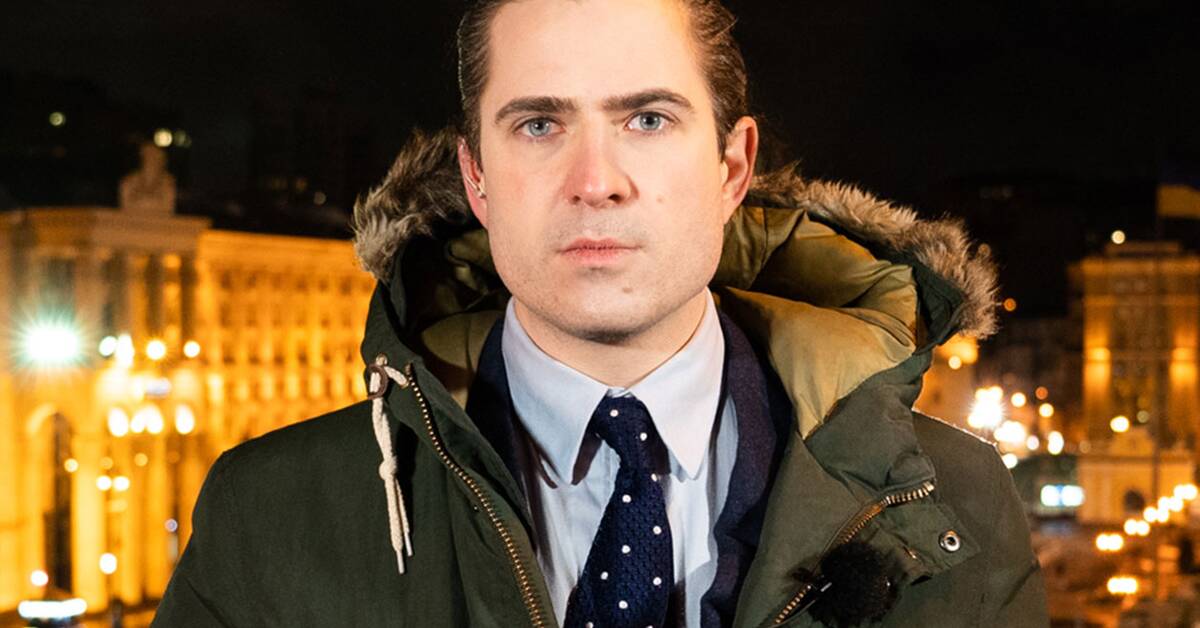Ok, let's be honest.
Miss Universe has perhaps not been a massive audience event in Sweden in recent times.
Maybe not this year either, but a new kind of attention still buzzes around the beauty pageant.
Because war changes everything, it has been said, and this year it might also apply to Miss Universe.
There is something almost pitifully desperate in the tone of various event organizers when they firmly emphasize that their business - be it sports or Eurovision - is actually completely apolitical.
In fact, they also reasonably understand that politics seeps into them as well.
And now it's time for the beauty pageant, where Ukraine's and Russia's respective beauty pageants end up in a special spotlight.
That some kind of friction was to be expected
did not require any further sharp crystal ball to predict.
Russia's full-scale war of invasion against Ukraine has, of course, had consequences outside the battlefield itself, including economic and cultural politics.
But it was when Ukraine's contestant, Viktoriia Apanasenko, showed off her planned entry in the national costume category a couple of weeks ago on Instagram that the international media really caught their attention.
Apanasenko herself has described how her costume in gold and white with wings, golden wreath, sword and armor is inspired by the archangel Gabriel who fights evil.
She tells the news site Insider that it was sewn over four months with limited resources in the light of candles.
- I see many destroyed lives.
Some have lost their homes.
Some have lost their land.
Some have lost their parents or children, she says.
- But every time I see a strong force in people.
That's why I chose a warrior, because it shows how Ukrainians right now are fighting for their future, for their freedom, for every inch of land and for our history.
The Russian contestant, Anna Linnikova
, for her part presented the costume "Crown of the Russian Empire".
The choice of name has perhaps unsurprisingly outraged reactions, not least from Ukrainians who are victims of a brutal war from the former imperial power.
The costume has also been made together with the Hermitage Museum in St. Petersburg, one of Russia's foremost museums and a leading national cultural institution.
Linnikova explains to the state-run Russian news agency Tass that it is her "moral courage" that will allow her to win the competition.
- I'm strong.
I take part in the competition no matter what, even though Russians abroad are exposed to a "cancel culture" backlash, she says.
Russian accusations that Western countries are trying to "cancel" Russia by displacing and shaming Russian culture are now basically a daily occurrence.
President Vladimir Putin himself since last year laments "cancel culture" perhaps more frequently than billionaire Elon Musk and the musician Ye (formerly Kanye West) combined.
But sure. A slightly tense atmosphere
around a beauty pageant hardly represents a major political battle of decisive importance for Russia's war against Ukraine, or the international sympathies for either of the two countries.
What it clearly illustrates, however, is how the conflict does not only take place on the physical battlefield, but also in culture, in the media and in the flow of information in a broad sense.
That both Ukraine and Russia deliberately take every opportunity to promote their respective messages is not only understandable but also self-evident.
Because even if the somewhat worn-out mantra that war is decided on the battlefield is largely true, it is fought on more sides than that.

